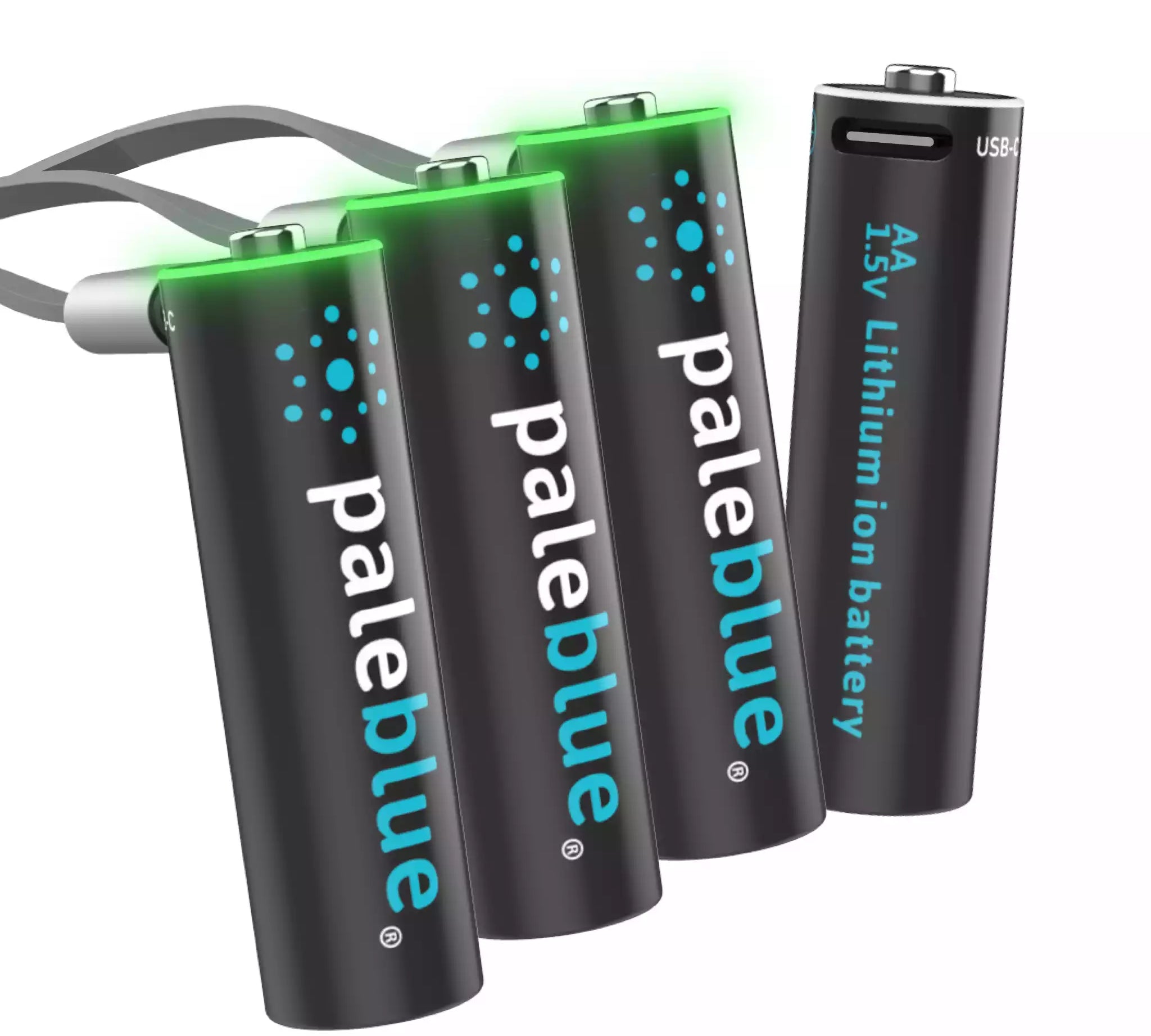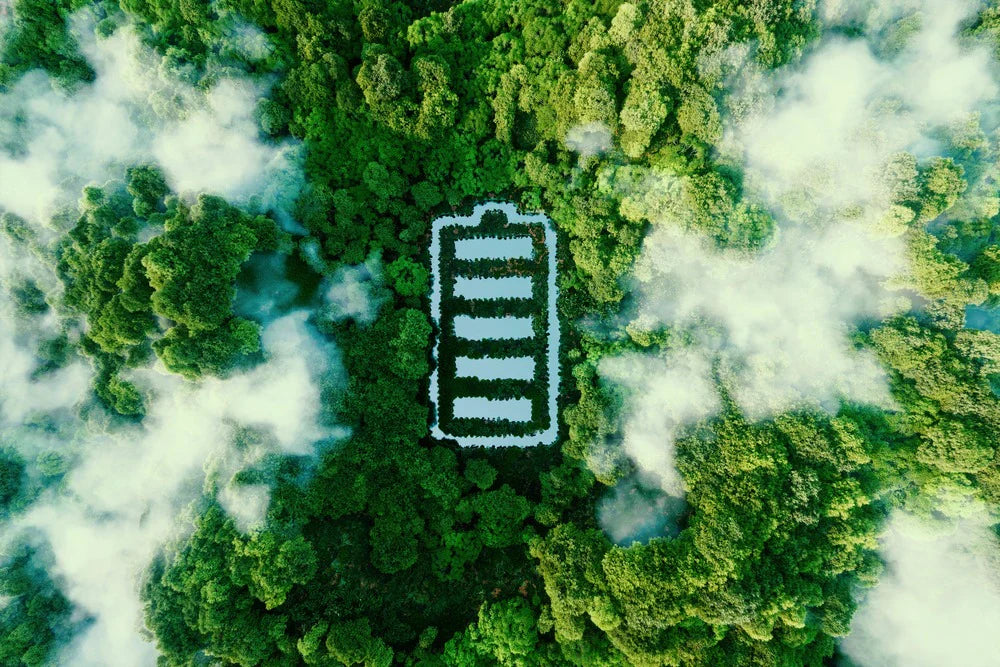Why Is the Alkaline Battery Habit So Hard to Break?

Alkaline batteries have been around for so long that plenty of adults do not remember a time before they were readily available. What's more, society has spent the better part of 60 years buying alkaline batteries habitually. The alkaline battery habit is proving a hard one to break. Why is that?
We are by no means psychologists here at Paleblue. Still, we thought it might be interesting to look into the psychology of how habits are formed and broken. What we learned may explain why some people find it hard to swear off alkaline batteries and permanently switch to USB-C lithium-ion batteries while others seem to make the transition easily.
Memory Plays a Big Role
A fantastic article on the Psychology Today website explains that memory plays a huge role in habit forming. Whenever a human being engages in any type of behavior, there is a memory associated with that activity. Memories can be one of three types:
- Semantic (factual knowledge)
- Episodic (event memories)
- Procedural (how-to memories)
The strength of each type of memory influences our thoughts on that particular activity. The more often we do the same thing, the more powerful those memories become. It can get to the point where the brain associates an activity so powerfully with past memories that a person doesn't even consider alternates.
So Many Years of Alkalines
It wasn't until recently that lithium-ion consumer batteries started becoming popular. USB-C rechargeable batteries are even more recent, comparatively speaking. Why does this matter? Because we have been buying alkalines for so many years our first thoughts about batteries are intrinsically tied to those memories.
It is not that consumers don't like rechargeable batteries. It's not that they think rechargeables are inferior. It is that they don't think about rechargeable batteries at all. The need for batteries comes up and a person's mind is immediately triggered by memory to think of alkaline products. Fortunately, those memories can be changed.
Perhaps a better way to say it is that they can be replaced. The Psychology Today article explains that most habits are hard to break because there are no systems in place to replace memories. But if a person can find a way to do it, bad habits can be broken with new memories.
Repetition Is the Key
Again, we are not psychologists or mental health experts. But if we understand the information correctly, repetition is the key to replacing memories associated with bad habits. We can imagine a number of ways to break the alkaline battery habit through different repetitive behaviors.
For example, maybe you use AA batteries a lot. Purchase three sets from Paleblue and store them in the exact same location as your alkaline batteries. Go one step further and arrange things so you would have to actively move the USB-C rechargeable batteries to get to the alkalines.
Next time you need fresh batteries for your device, you will be reminded to use the lithium-ion cells. You have three sets. So when the first set runs down, grab the second set while the first is charging. Put the fully charged set in storage with the rest of your batteries. Then repeat the cycle when the second set runs down.
The alkaline battery habit is hard to break for the same reason other bad habits persist: our memories are locked into them. But if we can replace those older memories with new ones, a habit can be broken. Here's hoping you can break the alkaline battery habit by making newer and better memories with USB-C rechargeable lithium-ion batteries.







